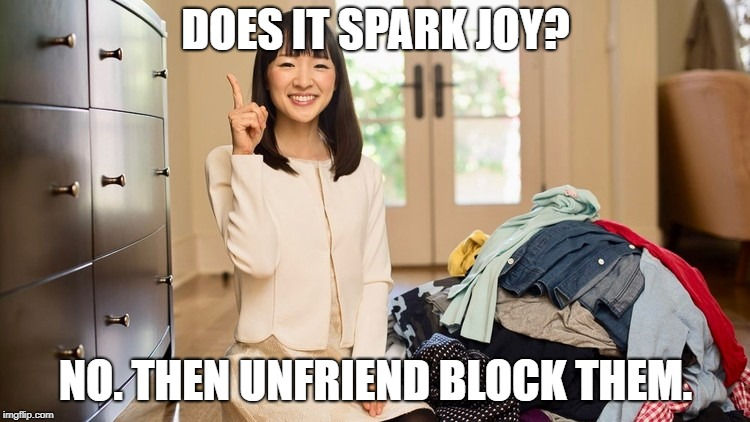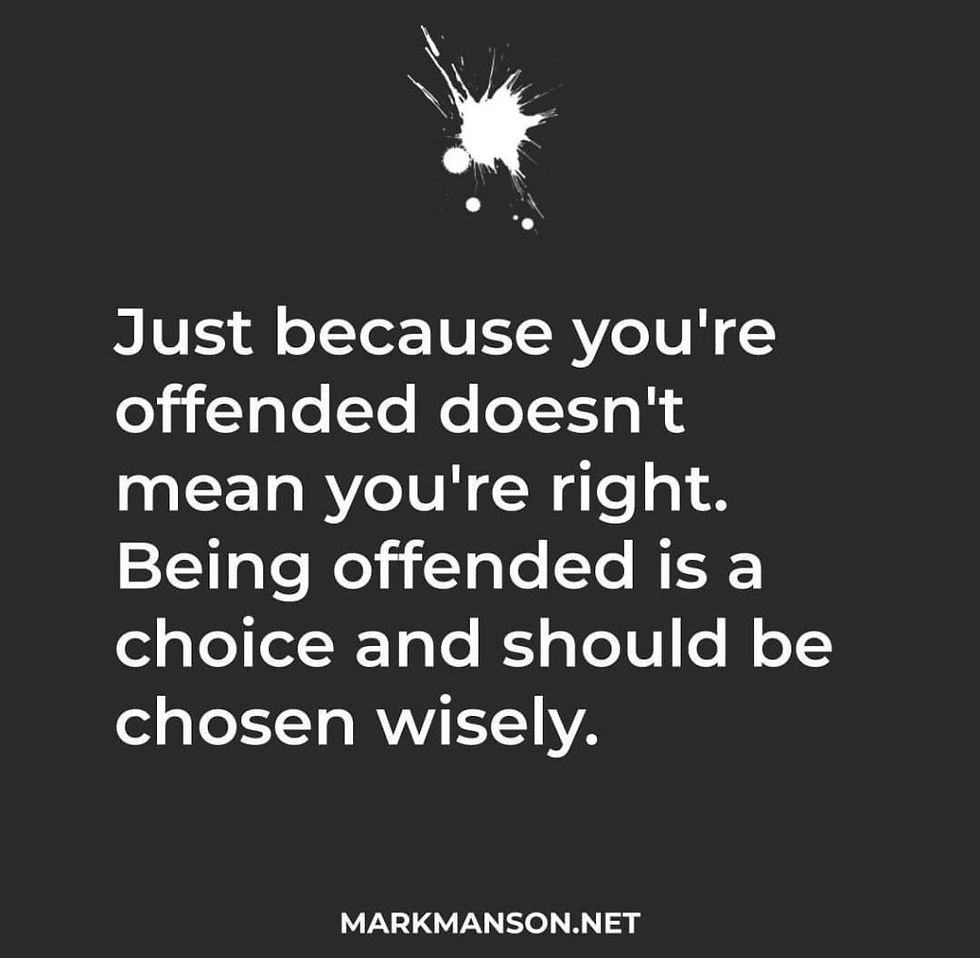
It was the week after we came back from SXSW in Austin, an annual conference of creativity and technology that doubles as our crystal ball for the future. I remember my colleagues and I being exhausted from jet lag and non-stop stimulation, yet reinvigorated by the next step: to distill the collective pulse of the world.
With the new decade having arrived, I find myself reminiscing about the learnings from our fun post-conference mind melding sessions. We concluded that 2019 was without a doubt a crazy year for the world (and it was only March then!), but it was definitely not an isolated one.
2019 feels symptomatic of bigger tectonic shifts. Year after year of disruption after disruption has built up and lead us to this particular flashpoint of human history: the Big Bang for the 21st century. After all, doesn’t it feel like we just spent the last decade moving fast and breaking things? Every disruption acting like speeding particles under intense pressure, expanding our universe until reaching some kind of a breaking point. Or our own metaphoric Thanos snap if you will.
ENTER 2020. IT’S NOT GOING TO BE TRANSITIONAL DECADE, BUT A TRANSFORMATIONAL ONE.
Yes, at times it has felt grim, even apocalyptic. But I choose to remain hopeful and determined. Because what happens after the Big Bang? Terraformation. Or in other words, the process of shaping a new Earth.
This generation has been given the profound opportunity to rebuild the new world order that governs how businesses are run, identities are built, relationships are nurtured, and religions are practiced. It’s far from over, but neither are we at the very beginning too. Now that the dust has begun settling, here are the signals that I believe we need to listen to, in order to build a brave new decade.

01 HEALING
After a chaotic and traumatic experience, it’s only natural that humanity looks for ways to heal itself. So it’s no wonder that wellbeing has taken over our lives, as if society is trying to recover from the collective painful heartbreak of a destructive relationship.
It’s probably why nature & astrology are becoming popular with more people wanting to be closer to the earth or stars as a way to feel whole again. Instagram has become more than a creative outlet, but a virtual therapy room.

We’ve been decluttering at the altar of Marie Kondo and finding joy in the arms of the Fab 5. Society is detoxing and self-correcting itself in shades of pantone 19-4052 classic blue. It’s the designated colour for 2020, “instilling calm, confidence & connection […]”, indicating just how much a broken society needs a “dependable & stable foundation” in order to heal.
02 EMPATHY
But in order to heal, we need to relearn how to connect with ourselves and relate with others. And this takes empathy – an ability to deeply understand and share the feelings of others. It’s a crucial skill to have today, when we’re in the era of fixing how we communicate with one another. Because while the boon of the internet is exposure to different perspectives, the ugly truth is that we might not like what we see. As Morgan Housel said in this article, “what we’ve seen over the last decade is what happens when the warm blanket of ideological ignorance is removed.” And when our sacred views are no longer universal truths, empathy breaks down and breeds hate in the process.

So while technology will continue to drive innovation, I believe it will do so at the behest of empathy. Because humanity is the flip side of technology. The yin to its yang. Perhaps we’ve spent a good part of the last decade too focused on the former that the importance of empathy or human-centred innovation that’s equal parts revolutionary and ethical is finally starting to catch up. This next decade will be about balancing out the scales.
03 COLLECTIVISM
The renewed focus on empathy implies that the future is increasingly relational. An attribute that defines the idea of ‘collectivism’ or ‘community.’ As an Asian person, I find it amusing just how much traction it has gained in the mainstream consciousness, especially with the West, over the last couple of years. For the most part, collectivism has always been commonly associated as an Eastern construct. A practice that prioritises the group’s needs above anything else, it’s often seen as the enemy of individuality.
But when deep institutional change is needed to save us from ourselves, collectivism is the rallying cry we need to force society to get its sh*t together. It’s not about sacrificing your individual rights, but recognising that you have a role to play in a bigger whole.
It’s about coming to the table and accepting responsibility for your impact. It’s not strictly an Eastern construct, but a fact of life. Even Aristotle said that “the whole is greater than the sum of its parts.” Heck, even Lion King proclaims the importance of the circle of life. Today, its face is the circular economy or the climate change movement in action.

04 CREATIVITY
If chaos breeds creativity, then this new decade provides fertile ground for a new generation of ‘creators’ who will heal the world with its art. But they are more than new-age Tiktok and Instagram influencers.
Rather, creators are those who can harness their imagination for collective good. Because they have come of age in a complex world, their art is inherently contextual. It’s a byproduct of their ability to adapt and manage the changes around them. Context helps them see both the forest and the trees, the machine and its gears. Or in other words, find holistic out-of-the-box solutions. It’s no wonder why creativity and innovation hubs are spreading like wildfire across the world; entrepreneurialism is on the rise; and why design thinking, which has been around for years, is finding its moment in the sun. Applied creativity, which used to be the domain of artists, is for anyone who dares to design solutions for a brave new decade of transformation. The question is: are you?
Comments